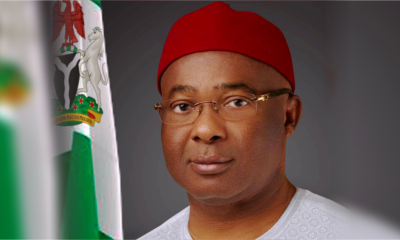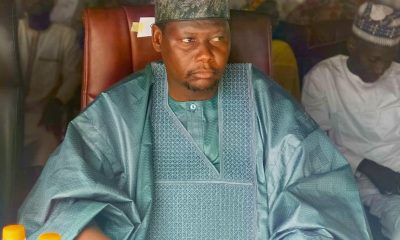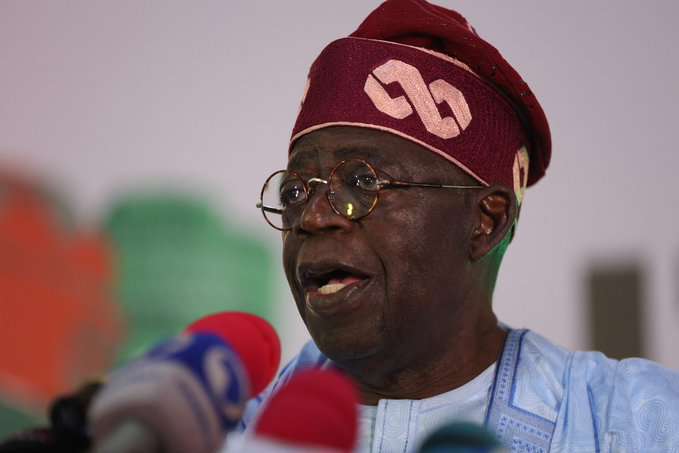
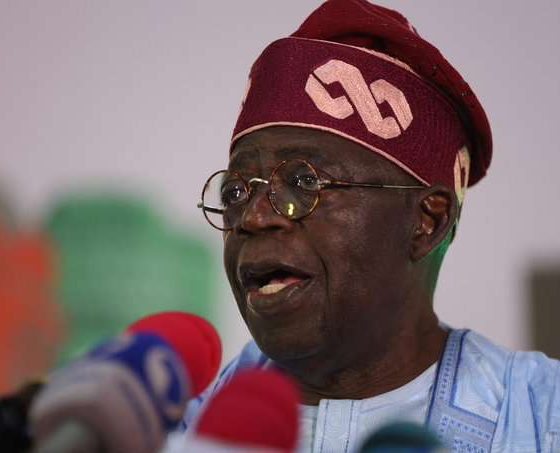
News
Nigeria Electricity Tariff Hike: Federal Government’s Plan to Attract Investment and Ensure Sustainability
The Nigerian government is set to increase electricity tariffs in the coming months as part of broader efforts to attract private investment and ensure a sustainable energy sector. The announcement was made by Olu Verheijen, Special Adviser to President Bola Tinubu on Energy, at the Africa Heads of State Energy Summit in Dar es Salaam, Tanzania.
The country’s $32 billion energy expansion plan, aimed at enhancing electricity access by 2030, was also unveiled at the summit. However, Verheijen emphasized that the tariff increase would be implemented carefully, with subsidies to protect low-income users from disproportionate cost burdens.
Verheijen highlighted that Nigeria’s power industry faces significant challenges, including the need for substantial investment to meet development goals. With only 8 gigawatts of the 14 gigawatts of installed power being transmitted, and a mere 4 to 5 gigawatts reaching homes and businesses, the government is focused on resolving these issues by transitioning to a cost-reflective tariff structure that attracts private investors.
“We are looking to address the transition to a cost-efficient but cost-reflective tariff over the next few months, ensuring that the sector generates enough revenue to attract capital while also safeguarding the poor,” Verheijen explained.
In 2022, the Nigerian government approved a threefold increase in electricity tariffs for Band A customers, and the upcoming hike is expected to follow a similar trend to ensure that the electricity distribution companies remain financially viable.
This move is part of a broader effort by President Tinubu’s administration to tackle the country’s financial challenges, including the removal of fuel subsidies, while also driving long-term economic growth through private sector participation in key industries.
With a population of approximately 237 million and an electricity access rate of just 62%, Nigeria continues to face significant challenges with an unreliable power grid that hampers productivi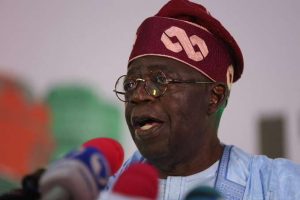 ty and daily life. The government hopes that the new tariff structure will help resolve some of these issues, while also boosting investor confidence in the country’s energy market.
ty and daily life. The government hopes that the new tariff structure will help resolve some of these issues, while also boosting investor confidence in the country’s energy market.









